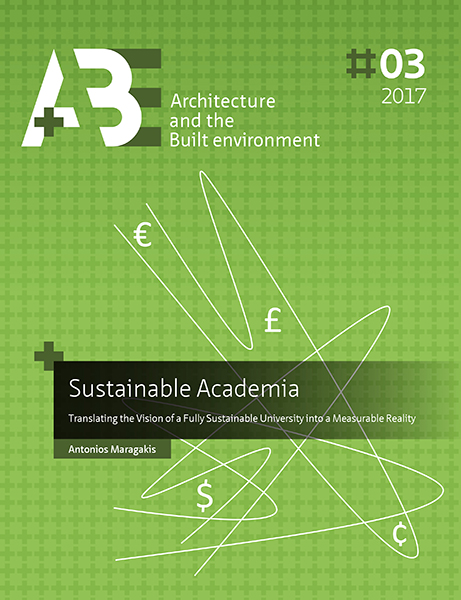Validating the Need to Include the Economic Returns of Graduates as a Metric of a Higher Education Institutions Level of Sustainability
DOI:
https://doi.org/10.7480/abe.2017.3.3661Abstract
Higher education institutions play an important role in sustainability, in their own management and operation, in research and education, and in the undergraduate and graduate degrees they deliver. Often ignored, economic sustainability and future perspectives of students are important indicators too. The research presented in this paper validates that a student’s post-graduation economic performance should be part of a higher education institution’s metric for sustainability. The data collected in this research, as well as in other research, shows that almost 90% of respondents agree that economic metrics should be considered part of a higher education institutions level of sustainability. While there is no doubt about the economic gains of higher education, the results indicate that students utilizing a manageable 8% repayment of economic debt would be in debt for decades after graduation, further supporting the need for institutions to inform their stakeholders before such a life changing commitment.

